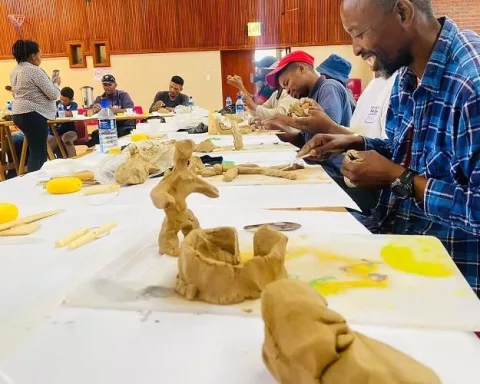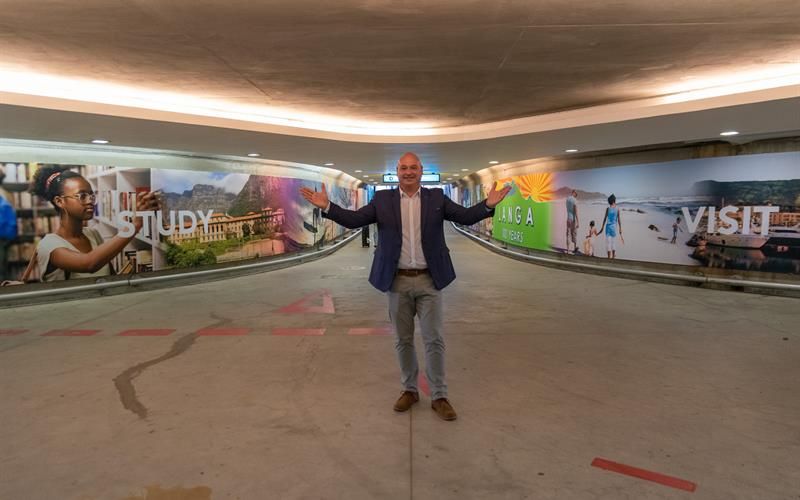In today’s world, the global movement against gender-based violence (GBV) is gaining momentum. However, the brutal assault on 25-year-old Zizipho Nikita Kalubi serves as a somber reminder of the persisting danger faced by women in their everyday lives.
Kalubi, hailing from Somerset West, endured an unthinkable act of violence after reportedly rejecting a man’s unwarranted advances in Khayelitsha. The fateful encounter unfolded on a Saturday afternoon as Kalubi and her boyfriend were returning from running errands.
The Gruesome Incident
They crossed paths with the assailant, a man Kalubi had briefly encountered in Khayelitsha Town Two, who had been relentlessly harassing her. As the couple continued on their way, the man re-emerged, presenting an immediate threat. In a gruesome turn of events, the man struck Kalubi with a brick, causing her to lose consciousness.
She had sustained a fractured nose, and the damage to her eye was so severe that it ultimately had to be removed. This tragic incident underscores the cruel reality faced by many women who are subjected to unsolicited harassment and violence.
Community Response
Shockwaves of empathy and concern reverberated through the community, with the Harare Community Action Network (CAN) founder, Khanya Qonqo, expressing her deep distress over the situation. Qonqo highlighted the pressing need to address GBV and lamented about the constant fear that women live in.
The Pervasive Issue of GBV
The harrowing ordeal faced by Kalubi casts a spotlight on the pervasive issue of GBV and its prevalence in communities. The incident exposes the inadequacies of current safety measures and the urgent need to re-evaluate the protection afforded to women in our society.
The Quest for an Equitable Society
Across artistic and historical movements, the struggle for women’s rights and safety has been a recurring theme. Women have taken a stand against oppressive systems and cultural norms that perpetuate gender inequality. The quest for an equitable society, where everyone can walk freely without fear, remains an ongoing battle.
A Call to Arms
The brutal assault on Zizipho Nikita Kalubi serves as a stark reminder of the atrocities women continue to face in our world today. It is a call to arms for both individuals and communities to take a stand against gender-based violence, fostering a more inclusive and safe environment for all.
The fight against GBV is far from over, but every stride made, no matter how small, brings us one step closer to a society where women can live with the security and respect they deserve.












